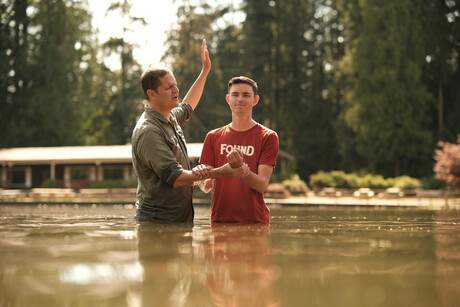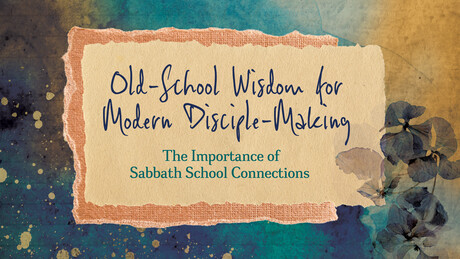The executive secretary takes care of a lot of things that some would characterize as dull, boring and bureaucratic. But just think for a minute how important those things really are to most of us. From the cars we drive to the food we eat, there are policies and procedures that guarantee a certain level of quality, safety and performance that we depend on. It makes sense to expect at least the same measure of accountability within our church.
So the union conference executive secretary deals with what we might call the infrastructure of our church organization—the policies that help guarantee a fair and honest process for each of our workers and members. That means preparing committee agendas that represent real concerns and issues, and following up with minutes that show accountability for what actions were voted. Perhaps most of us never read these kind of records, but for those who are concerned, they can be assured that decisions were made in the open, not in some dark back room. The secretary also chairs a number of committees and sits on others. In the position he holds, Bryce Pascoe has to enjoy working with committees, and he does—most of the time!
Pascoe also works quite a bit with each of our local conferences as they request policy changes, and then with the North American Division, helping to implement those changes. These policy matters, which can sometimes seem political and full of red tape, actually represent an effort on your church's part to understand and help provide answers to the sometimes very divergent concerns and issues expressed by workers and members.
Further, the executive secretary’s office maintains a variety of records such as employment records for retirement and other purposes, as well as historic documents that are vital to an organization. In short, this position makes sure that our members, churches and conferences have processes, policies and information they can count on.






